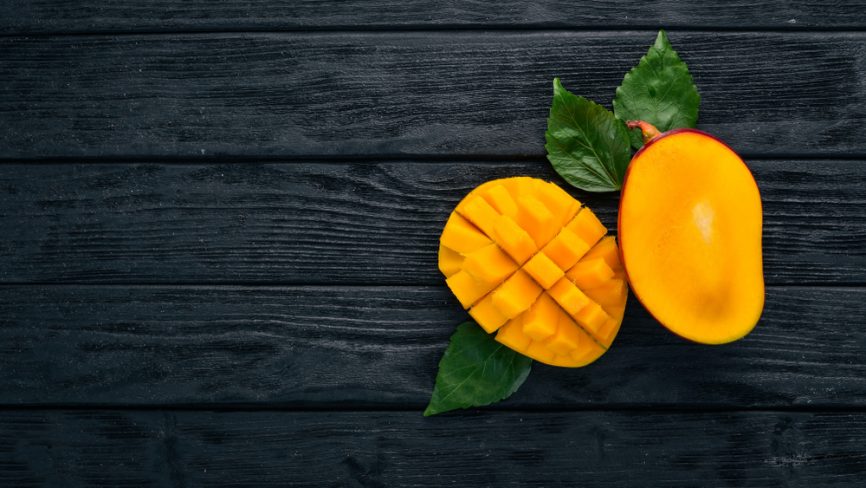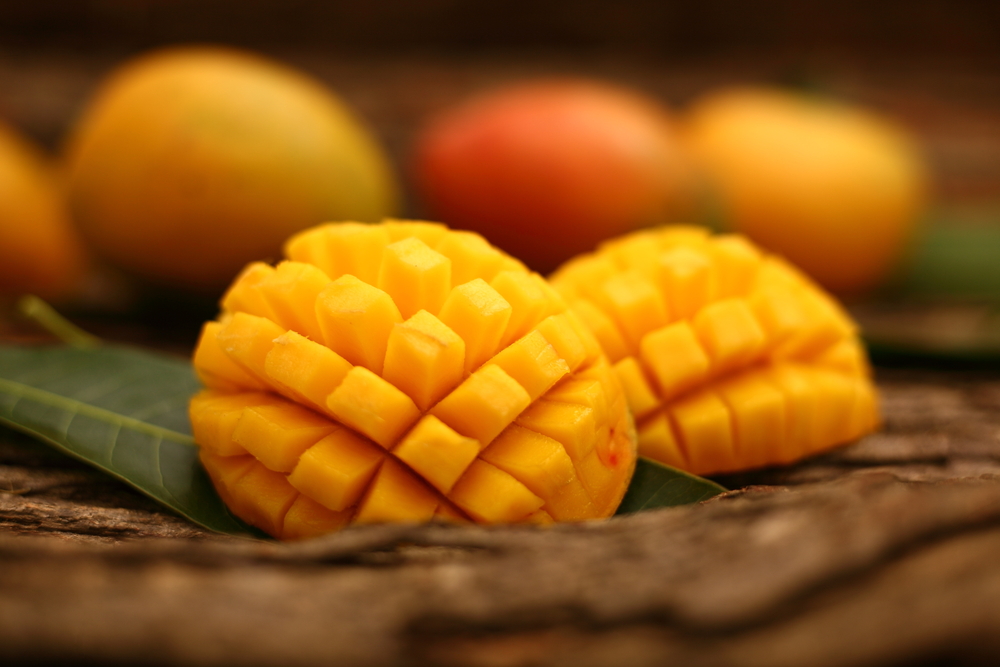
It’s that time of the year. Mango season is upon us and we bet you can’t wait to sink your teeth into the juicy, aromatic fruits of the season. There are raging debates every year on which mangoes are the best. Some swear by the Banganapalle from Andhra Pradesh (which received a GI tag last year) while others are partial to the Langra from UP. However, if you grew up in Mumbai, there’s only one true King of Fruits—the Alphonso mango from Ratnagiri and Devgad.
Why organic mangoes?
Alphonso mangoes are famous worldwide for their superior quality, aroma, and taste. Several farmers try to cash in on this by using chemicals and fertilisers to increase the yield from their orchards. There’s also the problem of chemically ripened mangoes. Carbide has been used quite liberally in the past to hasten the ripening process. However, farmers have begun to realise the harmful effects of this process. And of course, we as customers have become more informed and aware of what we consume. Many orchards are now moving to organic mango farming practices and several of them have even been certified as 100 per cent organic.
The Alphonso test

While the markets are flooded with mangoes in every hue of yellow, it’s often difficult to figure out the quality and provenance. A large percentage of our best Devgad and Ratnagiri Alphonsos are exported. Add to this the spurious vendors who pass off Alphonso mango lookalikes from Karnataka as the real deal, and you get the idea. But does that mean you are doomed to consume sub par mangoes in this country? No.
How to identify a real Alphonso
— The smell is the first and biggest indicator of the Alphonso. It has a sweet natural aroma that can fill the room, unlike the faint smell of other mango varieties. Chemically ripened mangoes will not give off this aroma. If you have to sniff hard, it’s most likely a fake Alphonso.
— Devgad and Ratnagiri Alphonso are oval in shape; they do not taper at the bottom like the Karnataka variant.
— The colour of Alphonso has gradients of yellow and green—it’s not fully yellow like the Karnataka mango. If the colour is uniform, chances are that the mango has been chemically ripened.
— The Alphonso mango matures on the tree, so it should be soft to touch. Chemically ripened mangoes may look yellow, but are hard to touch.
